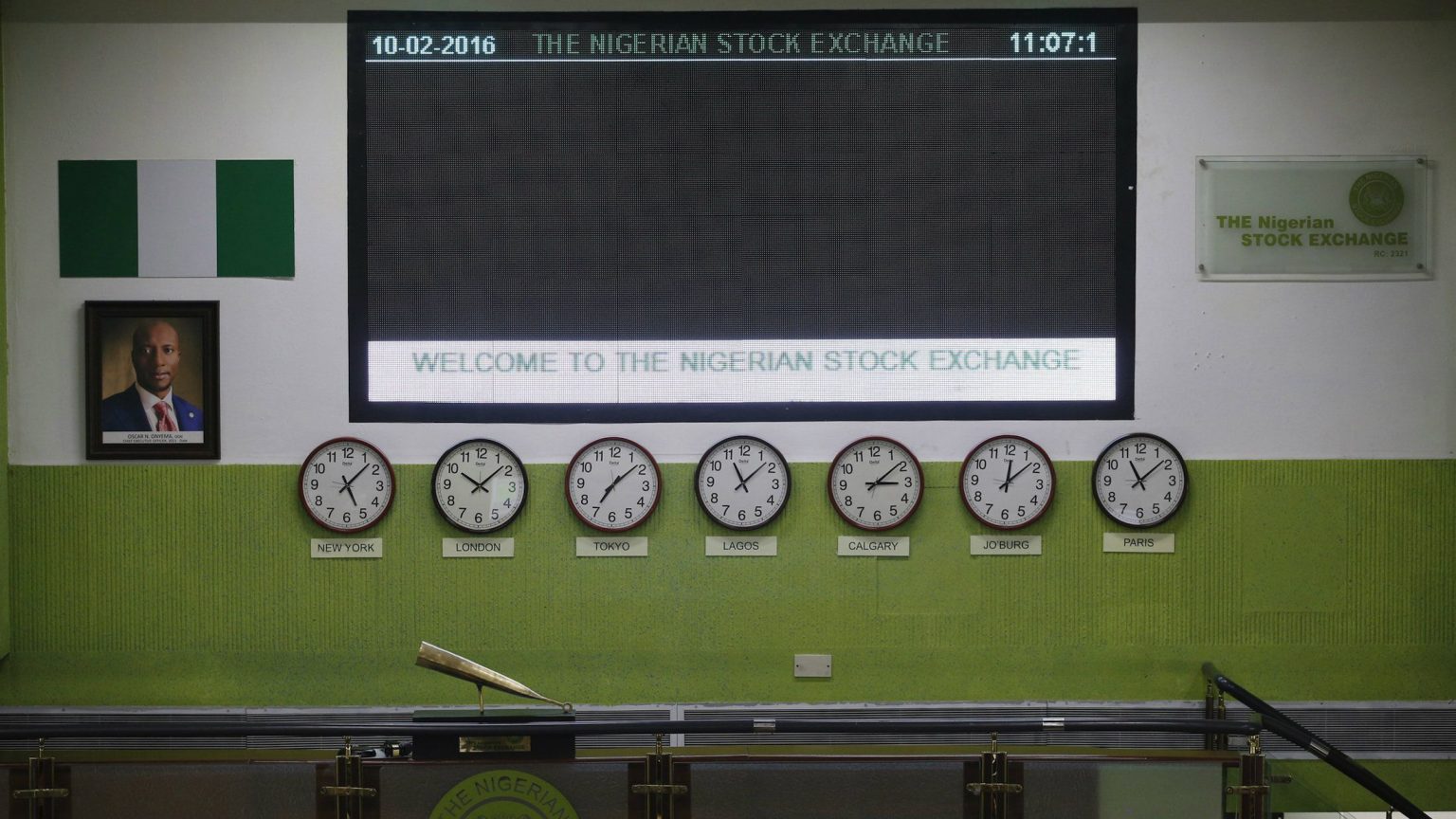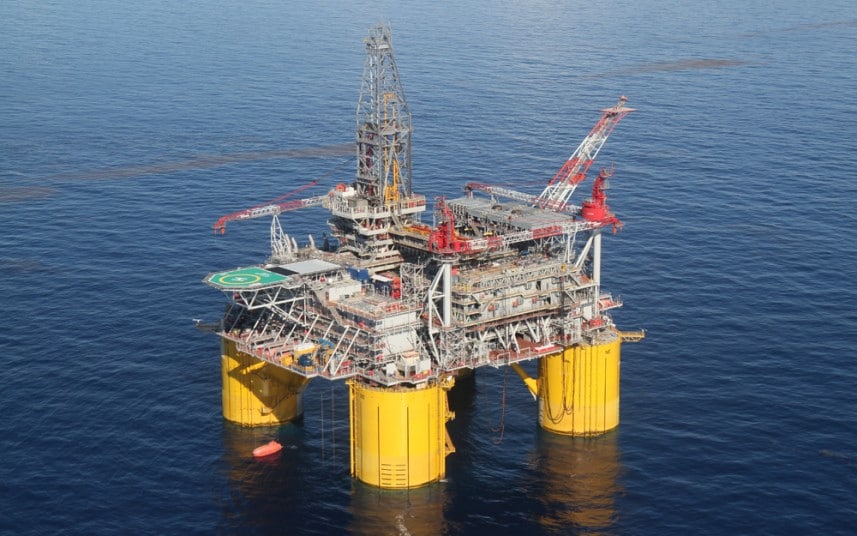Last week telecommunications giant, MTN announced its plan to raise money through bonds issue so it could restructure its debt portfolio. The MTN Group plans to raise about 400 billion Naira in order to “fund local investments and replace existing debt with local currency.”
After missing a deadline set by Nigerian authorities to disconnect unregistered Nigerian subscribers in 2015, MTN Nigeria was slammed with a $1 billion fine. The MTN Group has agreed to replace its dollar-denominated debt in its different offices on the continent with debt in the various local currencies.
Below is the Ventures Africa Weekly Economic Index, for the week ending 11th of May 2018. This economic index gives you a glimpse into other recent activities in Nigeria’s economy as well as changes and prices that could affect the economy:
Nigerian Stock Exchange

Data released by the Nigerian Stock Exchange (NSE), as of 11th May 2018, showed that the All-Share Index depreciated by 0.48 percent from the previous week ending 4th May 2018. Market capitalization at the close of trading during the week under review was N14.860 trillion which was a 0.48 percent decrease from N14.931 trillion recorded the previous week. The All Share Index for the week under review closed at 41,022.31.
Top five price gainers and decliners in the week under review:
Top five price gainers
Cement Co. Of North Nigeria Plc.
Veritas Kapital Assurance Plc.
Eterna Plc.
Linkage Assurance Plc.
Okomu Oil Palm Plc.
Top five price decliners
Niger Insurance Plc.
Japaul Oil & Maritime Services Plc.
UACN Property Development Co. Limited.
Unity Bank Plc.
Diamond Bank Plc.
How did the Naira fare?

In the week under review, the Naira remained stable against the Dollar in the parallel market. It was sold at N360/$ on Friday 11th of May 2018, maintaining the same value it recorded on the 4th of May 2018.
How did the price of oil fare?

Global oil prices went up from $74 per barrel and ended the week at $77.24 per barrel. This means oil prices have risen above $77 for the first time since 2014. US President Trump’s decision to pull his country out of the JCPA deal, commonly known as the Iran deal, while also imposing new “powerful” sanctions have led to speculations that oil prices will continue to rise.
The lifting of sanctions from Iran in 2016, as part of the Iran deal, meant then that Iran could increase its oil production. However, these new sanctions on Iran would curb its oil production.
The current production cuts announced by OPEC and Russia, an ongoing turmoil in Venezuela, and the new Iranian sanctions, all point to a possible drastic reduction in oil supplies which will eventually lead to a hike in fuel price. Analysts are already predicting a $100 per barrel price for oil before the end of the year.








